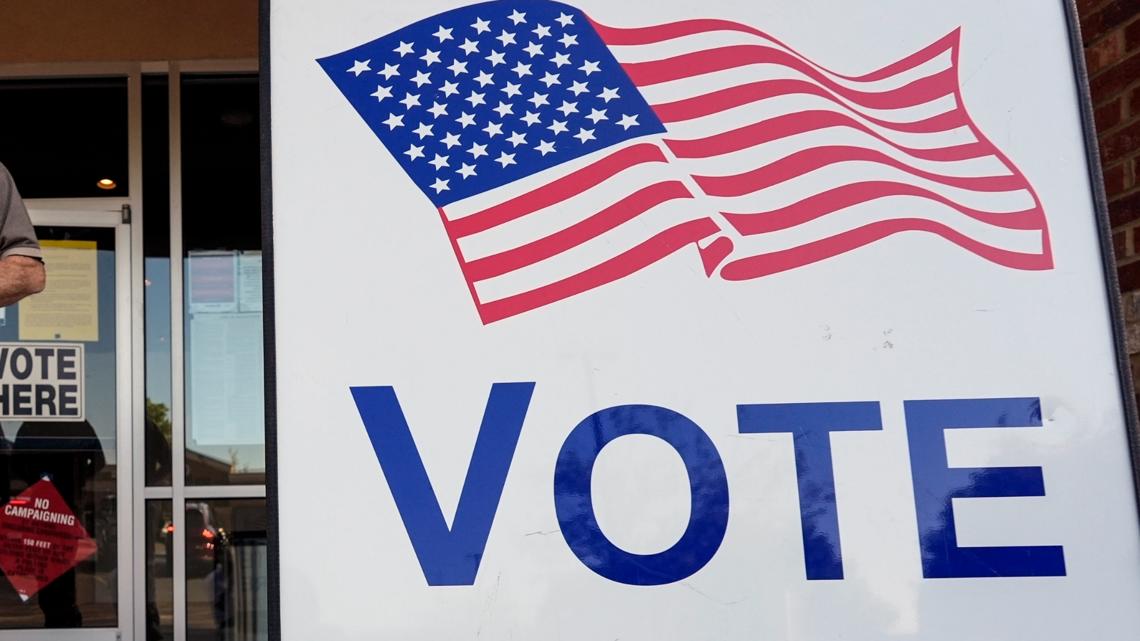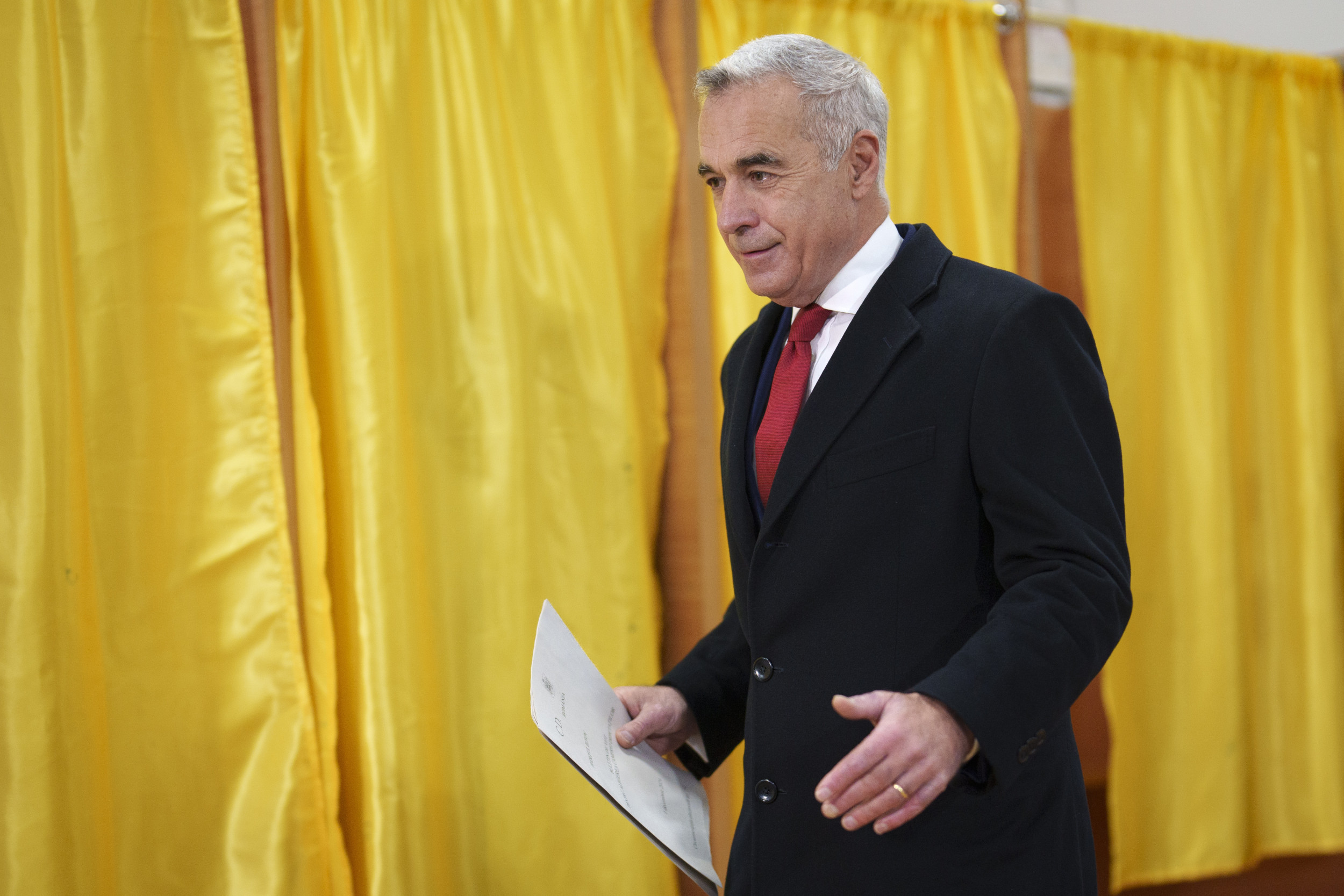Iowa’s statewide elected officials certified the state’s official 2024 election results Monday morning, affirming the totals that saw Republicans sweep to victories up and down the ballot.
In all, 1.67 million Iowans voted in the Nov. 5 election, for a voter turnout rate of 74.2%. That’s just barely below Iowa’s record voter turnout from 2020 of 1.7 million votes, or 75.8% turnout.
“I want to take this opportunity to thank Iowans for participating and making their voices heard this election,” said Iowa Secretary of State Paul Pate. “Because voting is the cornerstone of our democracy and it’s always inspiring to see Iowans turn out in droves and take their part.”
Iowa’s state board of canvassers met via conference call Monday morning to approve the totals. The board is made up of Pate, Gov. Kim Reynolds, Treasurer Roby Smith, Secretary of Agriculture Mike Naig and Auditor Rob Sand.
The statewide certification is the final step in the election process for every race except the presidential contest. Boards of supervisors certified county-level results the week after the election.
From Nov. 8: Iowans have voted, but results are unofficial until they’re certified. Here’s how it works
In the presidential race, Iowa’s six electors will cast their electoral college votes for President-elect Donald Trump and Vice President-elect JD Vance on Dec. 17. Congress will certify the electoral college results on Jan. 6.
Republicans outpaced Democrats in early voting
Iowans cast 681,899 early votes, making up 40.7% of the total votes cast in the election.
That’s down from 2020, when 1,001,572 Iowans voted early as the state encouraged absentee voting during the height of the COVID-19 pandemic.
This year, Republican leaders nationally and in Iowa encouraged voters to cast their ballots early, resulting in an increase in GOP early votes compared to the 2016 presidential election, Pate said.
More: Iowa Republicans promote early voting as they look to close Democrats’ advantage
“There was definitely a concentrated effort nationally on the Republican side like we hadn’t seen in quite a while telling them, ‘Vote now. It’s OK. Go vote now,'” he said. “And so people who may have voted more traditionally did just that.”
A total of 268,629 Republicans voted early this year, compared to 257,634 Democrats who voted early.
Pate said the emphasis on early voting is a switch from 2020 when many Republicans were resistant to voting absentee. That year, then-President Trump spread claims casting doubt on the security of absentee voting.
Pate said he hopes to file bill on checking noncitizen voters
When the Iowa Legislature returns in January, Pate said he hopes to file a bill that could give election officials more ways to check the identity and citizenship of Iowans on the state’s voter rolls.
Pate caused controversy two weeks before Election Day when he instructed county auditors to challenge the votes of more than 2,000 people on Iowa’s voter rolls who had at some point in the past told the Iowa Department of Transportation they were not citizens.
He was sued by a group of naturalized citizens and the League of United Latin American Citizens of Iowa, who said the data was outdated and it was unfair to make naturalized citizens jump through more hoops to cast their votes. But a federal judge allowed the challenges to continue.
More: Hundreds of flagged Iowans proved their citizenship and voted. Others had ballots tossed.
A statewide review from the Des Moines Register found that nearly 600 people on Pate’s list tried to vote in the election. Of those, 506 proved they were citizens and successfully cast a ballot, while 74 had their absentee ballots rejected because they did not provide proof of citizenship.
Pate said part of the solution he envisions is changing the law to allow election officials to more easily access data from other state or federal agencies that could help them cross-check the citizenship status of people on Iowa’s voter rolls. He said he’s also interested in clarifying that the state can use other “nontraditional” methods of verifying voters’ information, although he did not specify what those methods might be.
Pate has blamed U.S. Citizenship and Immigration Services for refusing to provide the citizenship status of everyone on his list. He said he hopes the federal government will be more cooperative in a future Trump administration.
“They could have just handed it over and we could have been able to know exactly how many noncitizens were registered in Iowa and dealt with those in a very specific and targeted way rather than have to do the awkward approach we had to this time,” he said. “But again, we balance out the two issues here, integrity and participation. And they’re not always easy to do. So we’ve just got to continue to try to improve on that.”
Recount process went smoother than 2020, but Pate says changes still needed
For the second time in three election cycles, Iowa saw a recount in a razor-thin congressional district race.
But Pate said the recount process this year went more smoothly than in 2020, when U.S. Rep. Mariannette Miller-Meeks won her recount by six votes.
This year, Miller-Meeks prevailed in southeast Iowa’s 1st Congressional District by 798 votes against Democrat Christina Bohannan after a recount concluded last week.
More: Recount affirms Mariannette Miller-Meeks’ win over Christina Bohannan in 1st District
Pate said he plans to renew his request to the Iowa Legislature to make changes that would speed up Iowa’s recount process and provide more uniformity.
But he said some changes instituted this year by lawmakers and his office have helped.
“We have really doubled down on our training opportunities for auditors from our office,” he said. “And I think that helped immensely.”
Pate also credited guidance issued by his office to county auditors telling them to avoid a “hybrid” recount process, where some ballots are recounted by hand and some are recounted by machine. Iowa law allows recount boards in each county to choose which method to use.
“You choose one or you choose the other, meaning either use the tabulator or you do the hand count,” Pate said. “You don’t get to do both of them and mix the techniques up during the count process. We ran into a lot of problems with that in the past because human errors and other things happen.”
Stephen Gruber-Miller covers the Iowa Statehouse and politics for the Register. He can be reached by email at [email protected] or by phone at 515-284-8169. Follow him on Twitter at @sgrubermiller.
This article originally appeared on Des Moines Register: Iowa certifies its 2024 election results. See how many people voted













